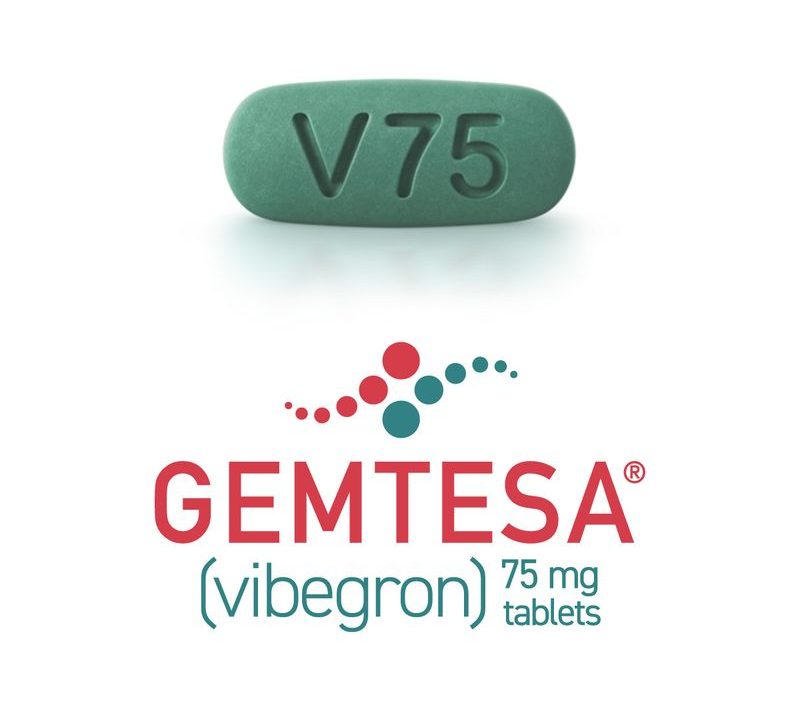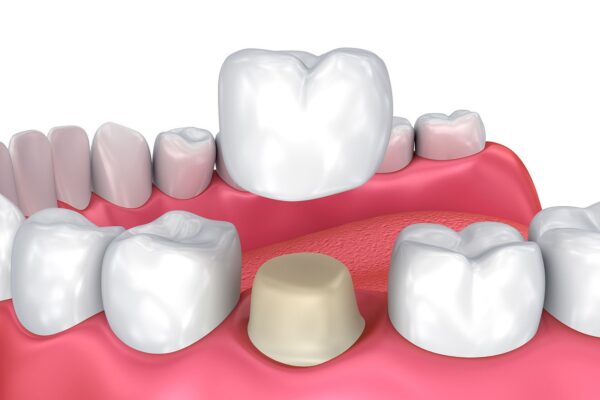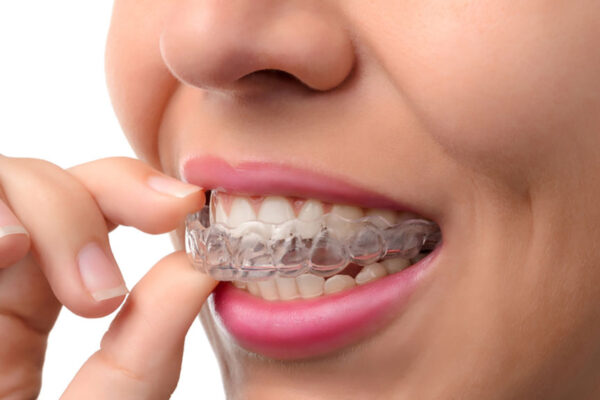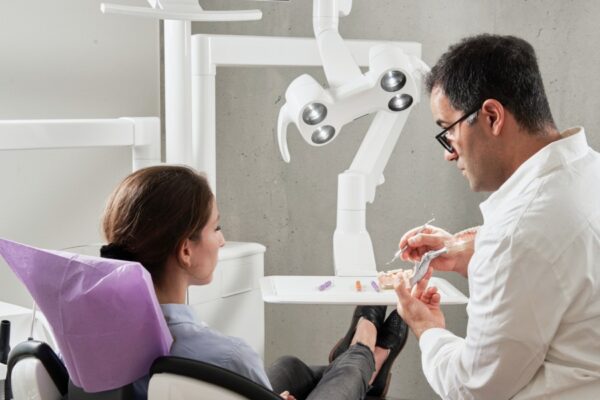Modern medicine has bestowed upon the world a myriad of drugs that provide numerous benefits to patients. From minor problems, such as headache and muscle pain to dangerous diseases like diabetes and cancer, drugs are available for a large number of health-related issues.
One such issue is overactive bladder or OAB, the term used to collectively represent a group of urinary symptoms. Medications are available for this condition in the market. Patients just need to consult their family doctor or a doctor they trust. Then, they have to buy the drugs from a pharmacy as per the prescription given to them. Gemtesa is drug doctors often recommend to patients suffering from overactive bladder (OAB).
But ‘Gemtesa side effects’ is a concern that most patients face when they encounter the need to take this medicine. They worry about all the possible side effects that Gemtesa can cause to their bodies. People, who are quite aged or wary of the medicines they inhale, might just avoid ingesting this drug. As a result, their condition might get worsened. Now, allopathic medicines creating side effects is not a new phenomenon.
However, the lack of information regarding the types or severity of side effects leads to an increase in fear and uncertainty amongst the people. Therefore, in this blog post, we have tried to cover as much as possible about the side effects and other information related to the Gemtesa drug.
What is an Overactive Bladder or OAB?
Table of Contents
Before we get to the Gemtesa side effects, let’s understand in brief the overactive bladder or OAB condition. As we have mentioned in the second paragraph, overactive bladder is the name used for a group of symptoms. Patients suffering from this condition may experience one or more of the symptoms related to urination described below:
- Involuntary leakage of urine (Urinary incontinence)
- The urgency to urinate (Strong urge to urinate immediately)
- Frequent urination (Need to urinate frequently)
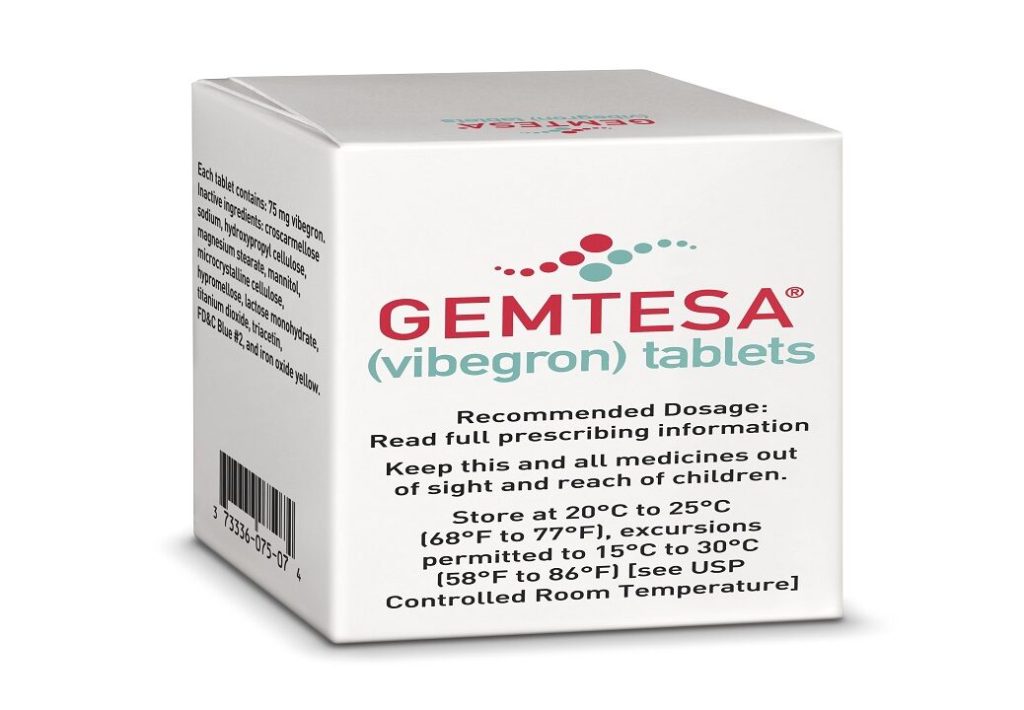
When the bladder starts functioning improperly in terms of storing and releasing urine, patients develop this condition. They suddenly feel a need or urge to urinate. It’s worth mentioning here that overactive bladder, which is also known as OAB, is not a disease. In the paragraphs below, we have shared information about how Gemtesa is helpful in dealing with this condition, Gemtesa side effects, and more.
What is Gemtesa? Why and How is it Used?
Gemtesa is a prescription drug used for treating the overactive bladder condition in adults. It has vibegron as the active ingredient. Vibegron is a part of a group of medications called “beta-3 adrenergic agonists”. Adrenergic drugs work by stimulating certain nerves in the sympathetic nervous system (SNS) of the body. This system is responsible for regulating the reaction or response of the body to stress or emergency.
Food and Drug Administration (FDA) or The United States Food and Drug Administration (USFDA), which is a federal agency of the Department of Health and Human Services in the USA, gave approval to Gemtesa in December 2020. As you must have understood by now, Gemtesa is the brand name under which the drug vibegron is sold.

The inactive ingredients present in Gemtesa are croscarmellose sodium, hydroxypropyl cellulose, magnesium stearate, mannitol, and microcrystalline cellulose. You might think that you can take medicines that are used as an alternative to Gemtesa in order to avoid Gemtesa side effects. Don’t worry, as we have shared information about that as well.
Are there any Alternatives to Gemtesa?
There are no generic medicines available that can be used as an alternative to Gemtesa. However, other drugs that have proven to be effective for the treatment of the overactive bladder condition are available. The physician or specialist might recommend Gemtesa or any of these alternative drugs depending on the specific symptoms experienced by patients as well as their medical history.
Following is the list of drugs that are used as alternatives to Gemtesa:
- Medicine with the brand name ‘Myrbetric’ and the active drug ‘Mirabegron’
- Medicine with the brand name ‘Vesicare’ and the active drug ‘Solifenacin’
- Medicine with the brand name ‘Toviaz’ and the active drug ‘Fesoterodine’
- Medicine with the brand names ‘Detrol’ and ‘Detrol LA’ and the active drug ‘Tolterodine’
- Medicine with the brand name ‘Ditropan XL’, ‘Oxytrol’ and ‘Gelnique’ and the active drug ‘Oxybutynin’
The medicines listed above also show side effects. So, if you are suffering from an overactive bladder or OAB, you might have to deal with the side effects of almost every drug that you take. You should learn about the side effects of other drugs as well, along with Gemtesa side effects.
Gemtesa: Form, Dosage, and Effectiveness
Gemtesa is available in tablet form, and thus, patients have to take it by mouth. It is coated with light green colored film. ‘V75’ is debossed on one side of the tablet. Gemtesa tablets are available in a bottle of 30 tablets and a bottle of 90 tablets. These bottles have a child-resistant cap. You can store them at a temperature between 20 degrees Celsius and 25 degrees Celsius.
The strength of one tablet is 75 milligrams. The tablet has to be taken with a glass of water. Those who don’t like ingesting tablets due to their bitterness can crush tablets and mix them with 1 tablespoon of honey, applesauce, or any other sweet food product. Usually, the dosage recommended to the patients is 1 tablet per day with or without food. But you must do what your doctor advises you to do.
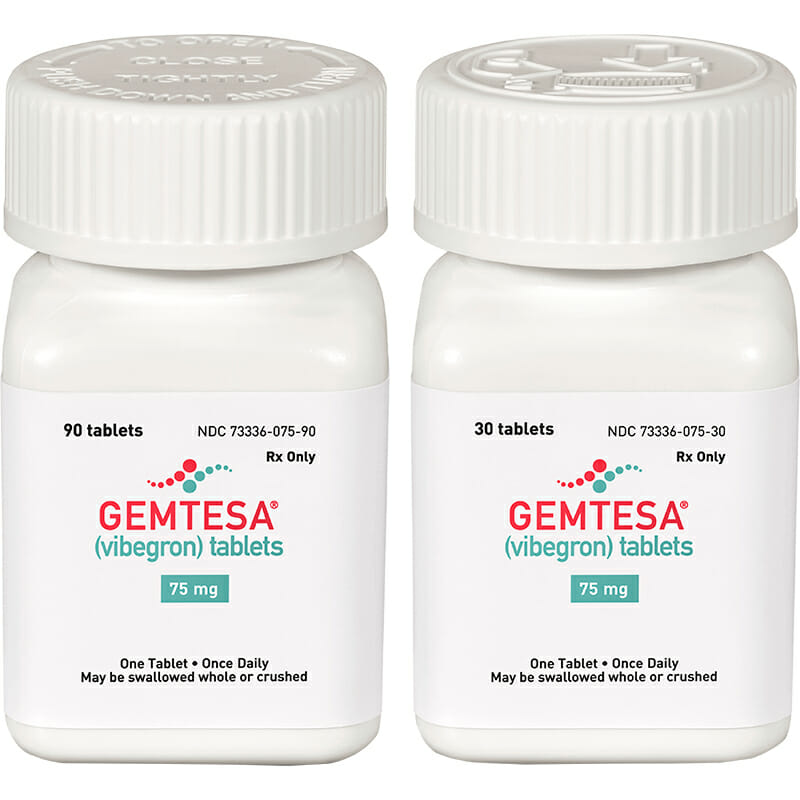
Gemtesa is an effective medicine for an overactive bladder condition. If you are taking any other medicine or vitamin pills, you should inform your doctor about the same to ensure that nothing interferes with the effectiveness of Gemtesa. You should also inform your doctor about your diet if you are following any specific diet, for example, the keto diet.
What are the Side Effects of Gemtesa?
Just like many other prescription drugs, Gemtesa is also not free from the side effects. After taking the Gemtesa medicine, you might encounter some side effects that can range from mild to severe depending on your individual medical condition and medical history. Let’s have a look at the Gemtesa side effects.
A few mild side effects that patients can experience are common cold, headache, diarrhea, urinary tract infection, and nausea. Severe side effects that can be caused by Gemtesa are urinary retention and allergic reactions. Urinary retention means that the patient is unable to empty the bladder.
The symptoms of urinary retention include feeling the need to urinate again shortly after urinating, having difficulty urinating constantly or sporadically, and not having sensations to urinate. Allergic reactions that can result from the use of the Gemtesa drug are skin rashes, itching, dizziness, swelling (of the tongue/throat/hands/feet), and trouble breathing.
If you encounter any of the Gemtesa side effects after taking this drug to get relief from an overactive bladder condition, you should consult your doctor immediately. There is no report of alcohol or alcohol withdrawal symptoms linked with the Gemtesa drug. Also, no report of food in relation to Gemtesa is available.
Conclusion
You should get all your doubts cleared with your doctor if they prescribe the Gemtesa drug. You should also discuss Gemtesa side effects. We hope that you would have liked reading this blog post.

